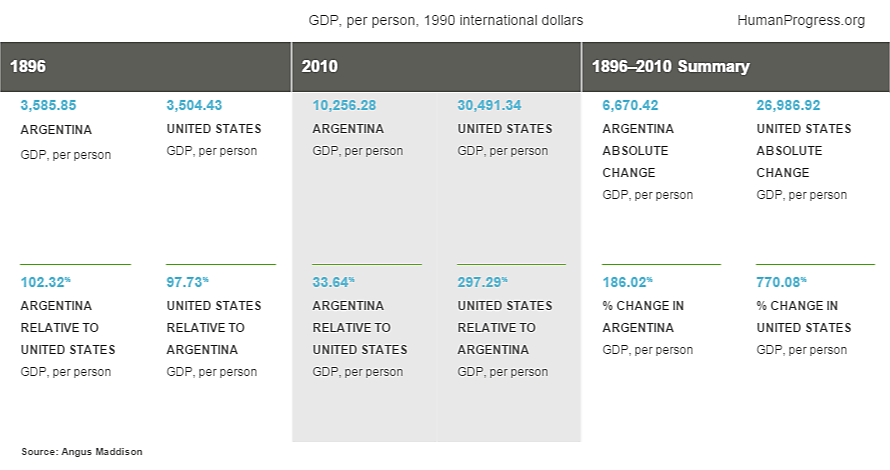When debating socialists, it often feels as if you’re trying to hit a moving target.
Socialism in action, in the words of Robert Lawson and Ben Powell, “sucks.” But as my former colleague Kristian Niemietz explains through a litany of historical examples, countries once claimed to show another way is possible are quickly dismissed as “not real socialism” when things inevitably turn sour.
Debating socialism is more complex still in the contemporary United States. That’s because today’s self-declared “democratic socialists” are trying to re-define what socialism means entirely.
Gone is the lofty aim of collective ownership of the means of production and exchange. Instead, democratic socialism à la Bernie Sanders and Alexandria Ocasio-Cortez combines a commitment to a massively expanded welfare state with a range of microeconomic interventions, support for alternative business-ownership models, labor market regulation, and economic planning in pursuit of environmental goals.
When asked where this “democratic socialism” has been tried and worked, Sanders, Ocasio-Cortez and others cite Scandinavian countries such as Denmark. The Nordic economies are said to happily combine an extensive welfare state with good social outcomes.
But while Scandinavian countries have extensive social insurance, they are robust market economies that spurn highly intrusive economic controls and regulations. That’s why in 2015, the Danish Prime Minister made clear: “Denmark is far from a socialist planned economy. Denmark is a market economy.”
In Sweden, good social outcomes and low inequality predated the welfare state. There is lots of evidence that there the economy grew much more slowly between the 1970s and 1990s when the state was more economically interventionist (as I outlined on Fox Business when prominent democratic socialist Bhaskar Sunkara highlighted that era as something to aspire to). Indeed, Johan Norberg has explained how Sweden has fundamentally shifted away even from a democratic socialist model in recent decades.
If contemporary Nordic economies are not “democratic socialist” then, do any other countries indicate what the American fate might be under these types of policies?
A recent J.P. Morgan research note broadened the search and:
looked for countries that, relative to the U.S., are characterized by:
- Higher personal and corporate tax rates, and higher government spending
- More worker protections restricting the ability of companies to hire and fire, and less flexibility for companies to set wages based on worker productivity and/or to hire foreign labor
- More reliance on regulation, more constraints on real estate development, more anti-trust enforcement and more state intervention in product markets; and a shift away from a shareholder-centric business model
- More protections for workers and domestic industries through tariff and non-tariff barriers, and more constraints on capital inflows and outflows
It concluded:
I couldn’t find any country that ticked all these democratic socialist boxes, but I did find one that came close: Argentina, which has defaulted 7 times since its independence in 1816, which has seen the largest relative standard of living decline in the world since 1900, and which is on the brink of political and economic chaos again in 2019.
My Cato colleague Marian Tupy once outlined the dramatic decline in relative Argentinian economic performance over the 20th century in this summary table below.
The country is of course in the news today due to economic turmoil triggered by its unexpected election result. Its currency is plunging and the economy is in deep recession with high unemployment and inflation at nearly 56 percent.
True, Argentina hasn’t suffered the complete and utter economic and social collapse experienced by “real socialism” in Venezuela, the Soviet Union, North Korea et al. But its economic model has led to a prolonged and fairly dramatic decline. That’s why Jeff Miron and I have described “democratic socialism” as the “scenic route to serfdom.”

